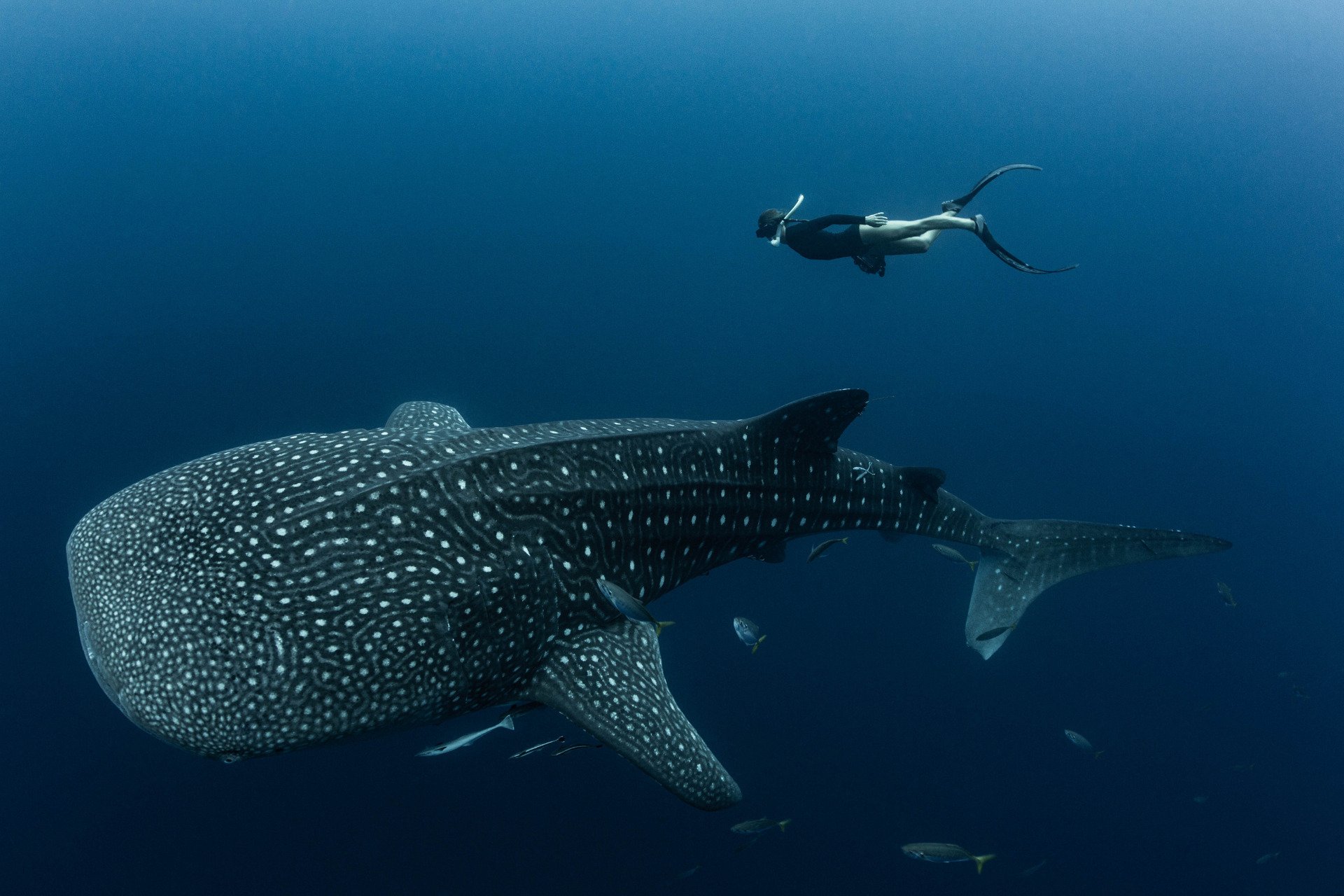BREAKING: New research has confirmed alarming findings about whale sharks in the Bird’s Head Seascape, Indonesia, revealing that 80% of the 268 unique whale sharks examined bear human-made scars. This urgent study, published on October 12, 2023, highlights the significant risks these gentle giants face even in protected marine areas.
The study, led by conservation scientist Edy Setyawan from the Elasmobranch Institute Indonesia, analyzed over a decade’s worth of sightings from 2010 to 2023. The results show that more than half of the whale sharks have injuries linked to human activities, including collisions with boats and fishing platforms known as bagans. Setyawan stated, “
Even in protected zones, the whale shark interactions with fishing gear and tourism still pose risks to them.
”
This critical research sheds light on the ongoing plight of whale sharks, which can reach lengths of up to 40 feet and weigh around 18 tons. Despite being filter feeders that primarily consume plankton, their numbers have dwindled significantly, leading to their classification as an endangered species. The increasing popularity of marine tourism, while beneficial for local economies, adds to the threats these sharks face, including hunting and climate change.
In the Bird’s Head Seascape, which boasts an incredible diversity of marine life and is home to three-quarters of the world’s coral species, the study found that out of the identified sharks, approximately 200 exhibited visible injuries. While 17.7% of these injuries were severe, including amputations, the majority resulted from avoidable human interactions.
The findings are troubling but not without hope. Setyawan and his team emphasize that simple measures can drastically reduce the risk to these majestic creatures. Proposed actions include stricter regulations on fishing platforms to eliminate sharp edges and enforce slow-speed zones for boats, alongside promoting responsible diving and snorkeling practices.
The urgency of protecting whale sharks is underscored by their lengthy recovery time; it can take up to 30 years for them to reach sexual maturity. Given the ongoing threats, conservation efforts must focus on immediate and impactful changes to improve their survival prospects.
Looking ahead, the research team plans to employ satellite tags to track annual population trends of whale sharks in the Bird’s Head Seascape. This next step will help answer vital questions about their migration patterns and overall health, providing a clearer picture of how to protect these incredible animals.
With the world watching, it’s crucial for both local authorities and the global community to take immediate action. The survival of whale sharks, a key species in marine ecosystems, depends on our ability to mitigate human impact now. Share this urgent message to raise awareness and drive change for these endangered giants.





































































